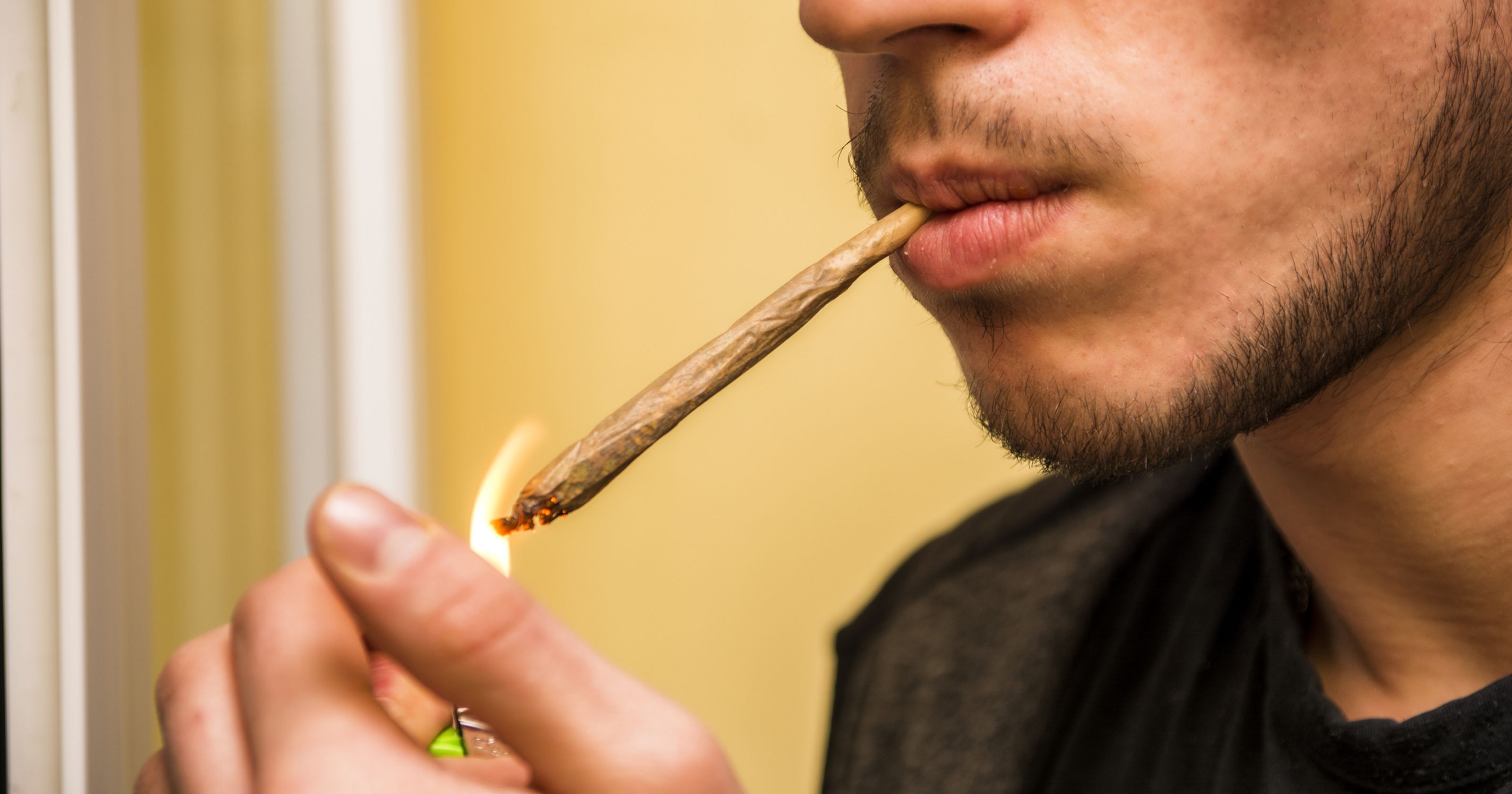Depression is one of the most common and long lasting side effects regular weed smokers experience when they quit the habit. Unlike typical symptoms of marijuana withdrawal problems, such as problems sleeping, or irritability, which generally pass completely within weeks, depression can be much harder to shake off. But depression from weed withdrawal can be very common and we hope to address these issues in this article.
Weed withdrawal in the context
Some people may quit using weed with no noticeable physical or emotional effect, but that’s pretty rare amongst regular and committed smokers. Although only around 20% could be officially classed as addicted – as in they could expect a negative physical reaction after they stopped using it - smoking regularly creates a kind of dependency. Although this is not quite the same as a physical addiction it seems to trigger the same kind of withdrawal symptoms.
Overall then it seems fair to say most people who quit smoking weed will experience depressive symptoms for a random length of time.
Why does quitting weed so often cause depression?
Basically, because marijuana changes the way our brain behaves. Smoking joint triggers the release of extra serotonin and dopamine, two natural chemicals which make us feel good. Regular extra doses mean levels are artificially high, so if they suddenly disappear the brain struggles to rebalance itself and feel content with the average levels it should work fine with. The outcome is inevitably feelings of depression.
How long does the depression last?
There is no standard answer. For many, it will pass in a few days, or at most, weeks. It may also depend on an individual’s circumstances and lifestyle, or natural personality type. Some people will feel a little down for a time, while others may sink into the deepest depths of despair for a week or two then start to feel better.
Sometimes these symptoms don’t pass, leaving someone with a condition known as PAWS (Post acute withdrawal syndrome). In this case, the depression can last for many weeks, months or even years, and medical intervention is necessary to manage it.
How can you beat this kind of depression?
-
If someone is experiencing crippling depression they should always seek medical advice. For symptoms which are milder, say low or blue days, or problems feeling motivated or excited about things, there are plenty of self-help options to try. These include:
-
Learn why you feel this way. Knowing your brain needs time to recover can ease anxiety
-
Preparing well before you finally quit can help avoid some aspects of withdrawal which can trigger a reactive depression
-
Trying counseling – this helps a lot of people make sense of life after weed
-
Exercise – it doesn’t have to be drastic, and the natural chemical highs will be welcome
-
Plan a new hobby. From jigsaws to tap dancing – new achievements are good for self-esteem
-
Take up meditation, perhaps one of the most powerful weapons while on a journey to overcome depression
By Ella Maclin
All rights reserved. Any reproducing of this article must have the author name and all the links intact.







